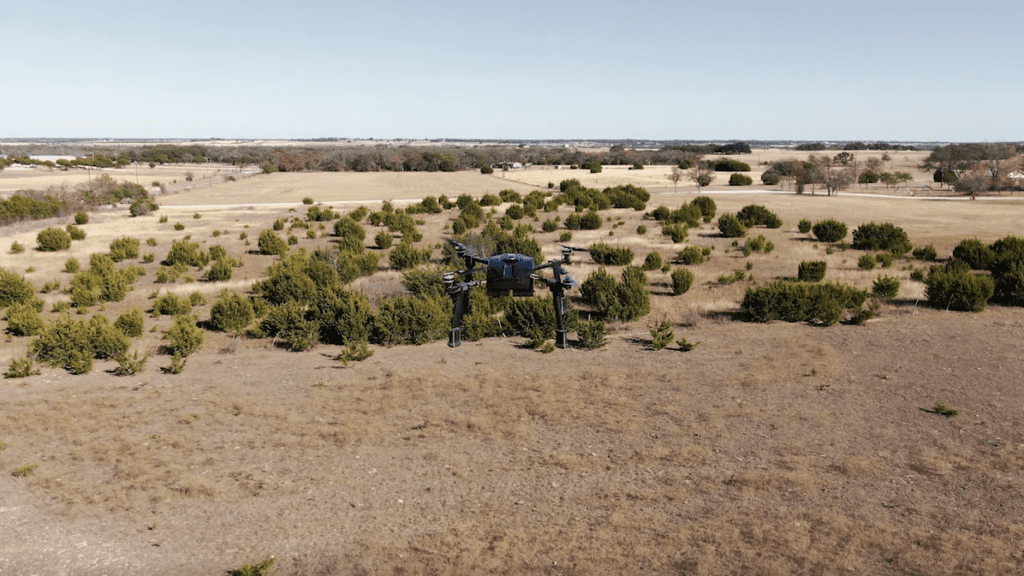
SparkCognition and SkyGrid announced a new partnership to protect drones from zero-day attacks by installing an airspace management system that relies on AI instead of signatures of known threats to detect malicious actors. (SkyGrid)
Drones can now be equipped with cybersecurity powered by artificial intelligence (AI). SparkCognition and SkyGrid announced a new partnership to protect drones from zero-day attacks by installing an airspace management system that relies on AI instead of signatures of known threats to detect malicious actors, the companies announced in a Jan. 19 press release.
“In the near future, we’ll essentially have a network of flying computers in the sky, and just like the computers we use today, drones can be hacked if not secured properly,” Amir Husain, CEO and founder of SparkCognition and SkyGrid, said in a press statement. “In this emerging environment, traditional anti-malware technology won’t be adequate to detect these never-before-seen attacks. SkyGrid is taking a new, intelligent approach by using AI to more accurately detect and prevent cyberattacks from impacting a drone, a payload, or a ground station.”

The cybersecurity product will use SparkCognition’s DeepArmor with SkyGrid’s airspace management system, AeriosOS. (SkyGrid)
The cybersecurity product will use SparkCognition’s DeepArmor with SkyGrid’s airspace management system, AeriosOS, and can be installed direction on drone hardware and function even without network connectivity, according to the release. The lightweight and high-performance engine allows the system’s use on drones with limited processing power.
“DeepArmor is unique in how it classifies threats,” Ali Husain, SkyGrid’s Chief Software Architect, told Avionics in an emailed statement. “It uses sophisticated AI models to analyze thousands of characteristics of payloads in memory or permanent storage. As a result, DeepArmor does not need prior knowledge of a specific threat to make a classification and has been very successful at catching advanced zero-day threats. This is especially important in the UAV industry where we expect to see never-before-seen cyberattacks emerge as more drones take flight.”
When the system detects a threat, it stores the data to be later analyzed, according to SkyGrid.
“Unlike traditional anti-malware reliant on signatures of known threats, our AI models don’t require an existing threat database,” Ali Husain said. “However, it’s still important to store data from a threat once it’s detected. This will allow our models to learn the DNA of each threat and detect similar threats that may emerge.”
According to Ali Husain, DeepArmor can be used to counter national security threats within the defense industry.
“This is critical as we continue to see more stories like the RQ-170 UAV that was captured and reverse-engineered,” Ali Husain said. “DeepArmor can help avoid these scenarios by protecting endpoints from 99.9 percent of never-before-seen threats. When deployed on drones, DeepArmor will autonomously monitor all payloads and processes. If any of these are determined to be malicious, the payload is intercepted, encrypted, automatically quarantined, and moved to a secure location where it cannot run but is available for post-flight forensics.”